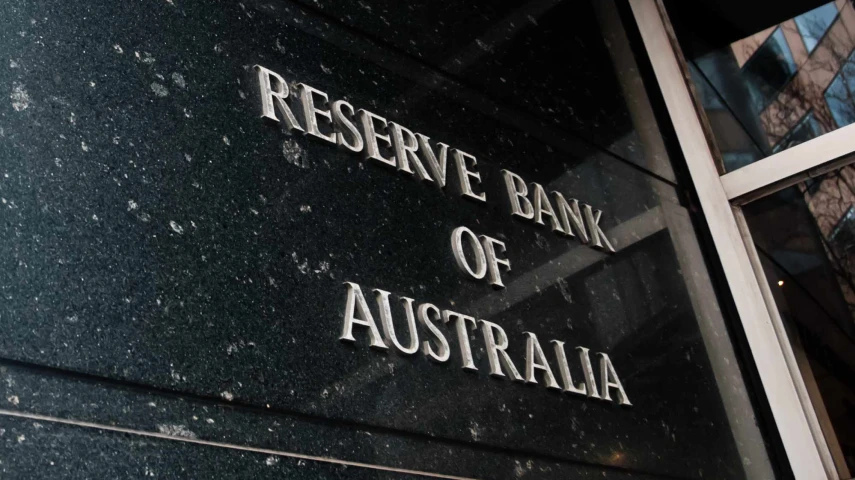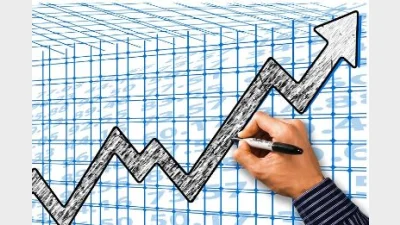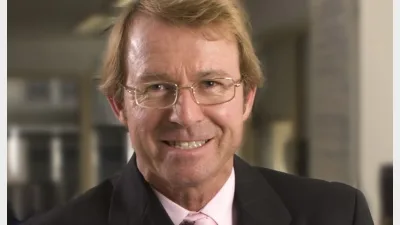RBA unveils final rate call for 2024



The central bank has delivered its last rate decision for the calendar year.
The Reserve Bank of Australia (RBA) has announced another rate hold amid stubborn inflation and faltering economic growth.
The RBA left the cash rate unchanged at 4.35 per cent for the ninth consecutive time.
The market was unanimous on the RBA holding the cash rate.
The RBA’s last rate hike occurred in November last year, marking its 13th since it commenced its tightening cycle in May 2022.
Since then, trimmed mean inflation has eased from above 5 per cent year-on-year to 3.5 per cent, but remains well above the RBA’s 2–3 per cent comfort zone, defying a cooling economy.
Productivity woes are partly to blame, economists agree, with Q3 data revealing falling output per worker and surging unit labour costs, up 4.3 per cent year-on-year.
Prior to Tuesday’s rate announcement, Paul Bloxham, chief economist at HSBC, attributed inflation’s stickiness to several factors: cautious rate hikes designed to protect employment, expansionary fiscal policies, and a struggling supply side.
“Our central case is that cuts will start from Q2 2025, and we expect only a shallow easing phase, with the cash rate at 3.85 per cent by end-2025 and 3.60 per cent in early 2026.
“We see a 25 per cent chance of no cuts at all in 2025,” Bloxham said.
Compounding the RBA’s dilemma is Australia’s surprisingly resilient labour market, CBA economist Gareth Aird acknowledged last week, which remains at 4.1 per cent, even as GDP growth crawls at an annual rate of just 0.8 per cent – its slowest pace in decades outside of the pandemic.
Aird noted that rising joblessness was expected amid seven consecutive quarters of per-person economic contraction, but the labour market’s surprising resilience is sustaining inflationary pressures and keeping the RBA cautious.
“We expect the RBA board will leave the cash rate unchanged next week in a straightforward decision,” Aird said at the time.
He highlighted that while the central bank expected to see another contraction in the economy on a per-capita basis in the September quarter, “GDP growth was softer than the RBA anticipated”.
More to come.
Recommended for you
The International Monetary Fund (IMF) has issued a sobering assessment of the global economic landscape in its latest World Economic Outlook, dramatically revised after Donald Trump’s 2 April announcement of sweeping tariff measures.
Growth from the listed company’s key businesses has propelled Generational Development Group to new milestones in the three months to 31 March.
Sharemarkets might have been rallying on the back of central banks’ progress in the inflation fight, if not for Donald Trump’s escalating trade tensions and renewed attacks on the US Federal Reserve, according to AMP’s chief economist Shane Oliver.
Super industry advocates are calling on all parties to prioritise stopping abusers from getting access to their victims’ super.












